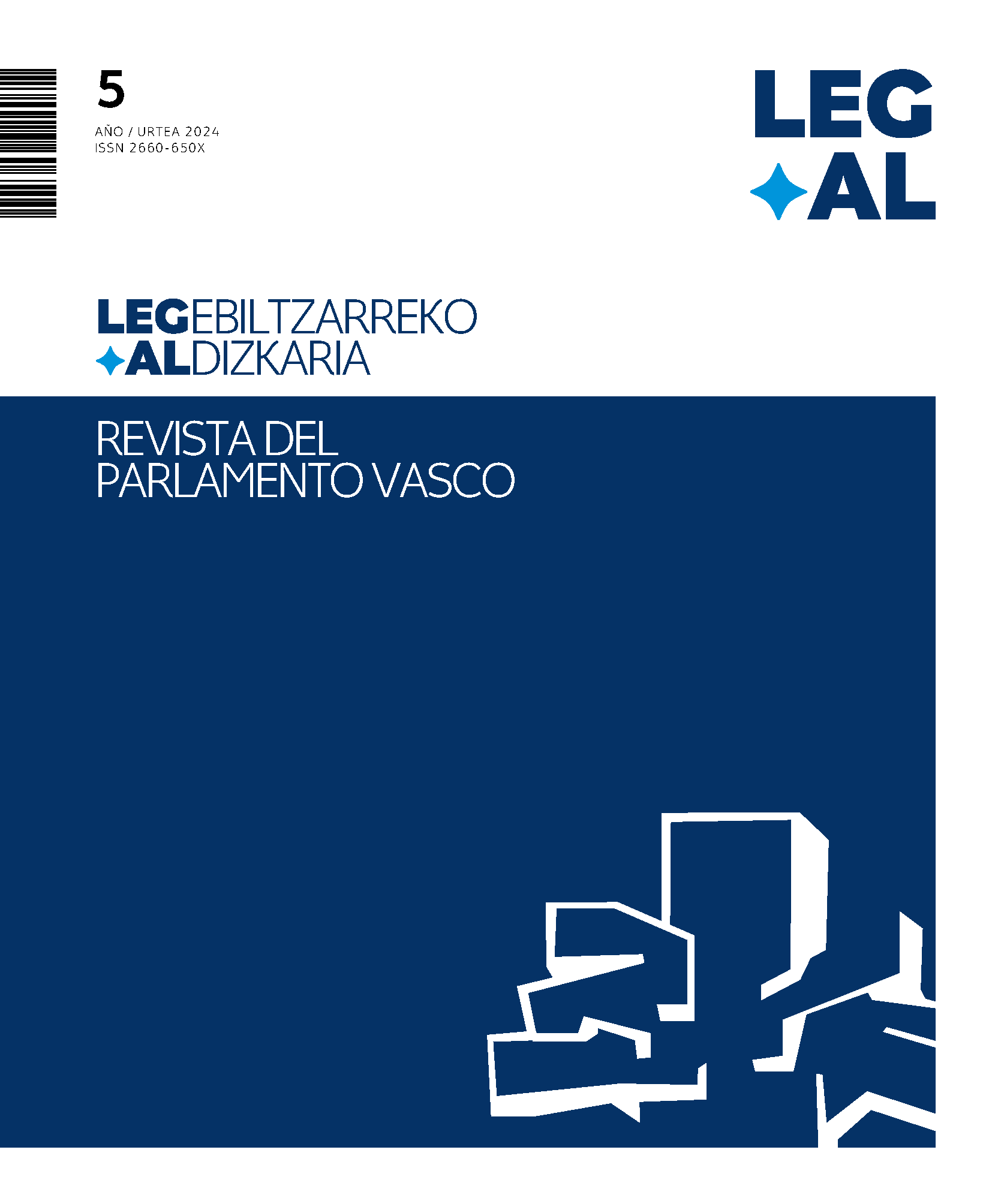Abstract
In this judgment, the Constitutional Court applies its well-established case law on the duty of the bureaux of the legislative chambers to refuse parliamentary initiatives whose processing may lead to the failure to comply with their judgments and orders, on the occasion of an appeal for protection filed ex Article 42 LOTC by parliamentarians who are not the authors of the parliamentary initiative, which is the subject of the appeal. The Constitutional Court considers the appeal, stating that the ius in officium of Article 23 SC also includes the right of parliamentarians to prevent the processing of parliamentary initiatives filed by other parliamentarians, whenever this ones involve the non compliance of previous TC resolutions. The analysis of the judgment argues that this doctrine poses an incident of execution of the TC resolutions in favour of parliamentarians at the expense of denaturalizing the parlamentary protection appeal.
References
García Rocha, M. P. (2020). La vulneración del “ius in officium” en la aplicación de los artículos 150 del Reglamento del Congreso de los Diputados y 129 del Reglamento del Senado. Revista de Estudios Políticos, 187, 209-231. https://doi.org/10.18042/cepc/rep.187.08
Lasagabaster Herrarte, I. (2020). Parlamento, Tribunal Constitucional, separación de poderes (con obligada referencia a Cataluña). Oñati: Instituto Vasco de Administración Pública, Herri Arduralaritzaren Euskal Erakundea.
Rodríguez-Patrón, P. (2021). Voluntarismo judicial y autonomía parlamentaria (o de la jurisprudencia constitucional sobre las facultades de las mesas parlamentarias en la calificación y admisión a trámite de propuestas de comparecencia ante las cámaras o sus comisiones). Anuario Iberoamericano de Justicia Constitucional, 25(1), 171-194. https://doi.org/10.18042/cepc/aijc.25.07
Villaverde Menéndez, I. (2016). Cumplir o ejecutar. La ejecución de sentencias del Tribunal Constitucional y su reciente reforma. Teoría y Realidad Constitucional, 38, 643-682.

This work is licensed under a Creative Commons Attribution-NonCommercial-NoDerivatives 4.0 International License.
Copyright (c) 2024 Raúl Gómez Iñigo


